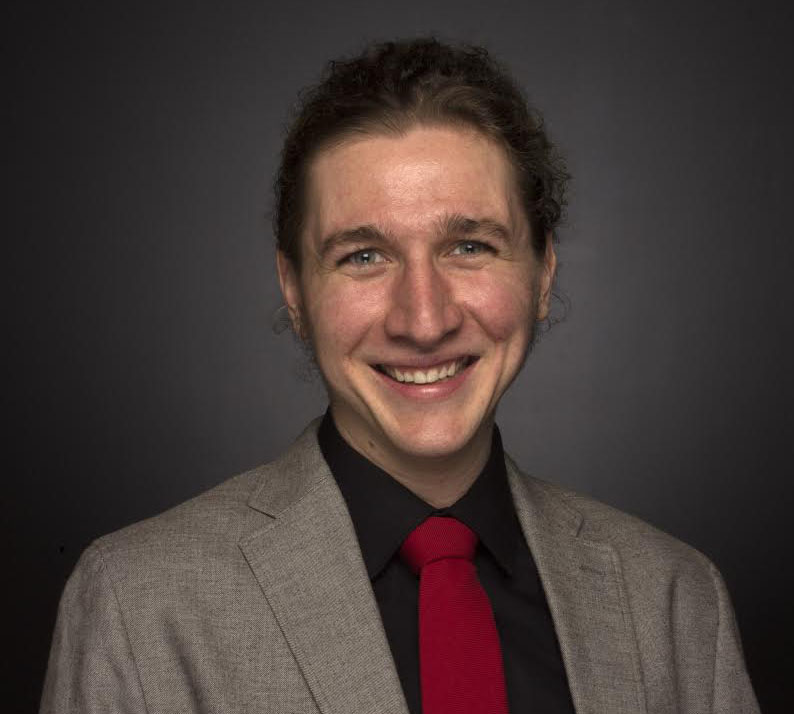Column: SIU’s shot at humanizing America’s shameful school system
October 4, 2017
The student debt crisis seems to point to the fact that America’s system of higher education is doing more harm than good.
They all told us that if we don’t go to college our prospects will be dim.
But a lot of us feel more hopeless post-diploma than we ever could have imagined back in the distant days of our adolescence.
Advertisement
According to the Federal Reserve, outstanding student loans in the United States top 1.45 trillion dollars ($1,450,000,000,000), a figure which is entirely incomprehensible.
However, student debt was not always a thing. At least it never bore a resemblance to what it is and how it operates now, that is, until rather recently.
Common are the stories of baby-boomers working part-time summer jobs to pay for college. But that reality is long gone.
Generally speaking, since the ‘60s and ‘70s the burden of paying for school has been increasingly shifted onto the backs of students. Moreover, actual wages have stagnated, and by some accounts dropped, while the cost of living has increased.
This means millennials have to work longer hours for less pay than those born mid-century to pay for college.
According to CollegeBoard.com, since 1977 the cost of schooling has risen more than 370% (adjusted for inflation).
An analysis of the figures shows a correlation between the decline in state/federal funding for higher education and the proliferation of student loans.
Advertisement*
And a lot of us feel like we never even had a choice in the matter.
For some, college offers the only escape from unsafe home lives.
And for the rest, attending college is painted as the only option if we want to live the good life.
The limited menu features 3 entrées, college, the military or being stuck working crappy jobs for the rest of our lives.
One thing they don’t tell is that even if we go to college, a lot of us will still be working miserable jobs. Only now, we are tens of thousands of dollars in the hole.
They say if we do what we love we will never work a day in our lives.
Except the other thing they don’t tell you is that if what you love doesn’t generate capital, you better forfeit those dreams fast and start doing something that does.
And the minute a graduate complains that they are stuck working at Starbucks, they are blamed for having studied what they were passionate about, what they thought was important.
“This is your fault! Who is going to pay you to work in gender studies or Africana philosophy? How dare you go to school for art history.” As if our only purpose in life is to do only what the bosses will pay us for, what the economy places value upon.
Some people go to school for what they feel will land them a decent-paying job, and I don’t blame them, life is hard and looking out for yourself seems like the only option sometimes.
But some of us believe we can do it differently than that and refuse to debase ourselves to the economic forces governing life itself.
Maybe we are just naïve.
Or maybe, just maybe, we know another world is possible. A world where freedom, knowledge and culture stand out as the highest values of society, a world where the social order doesn’t determine what you can or can’t do with your life.
That’s why some of us are here, because we have a vision for a better world and we insist upon making it reality.
So, how about that vision for what SIU should look like by 2025?
Maybe that vision ought to aim at figuring out how to make that better world possible, how to break the invisible shackles that so many of us feel are holding us back from achieving our dreams.
But when those shackles come in the form of the all-consuming status quo that the university finds itself situated within, we need to be creative.
What does SIU have the power to do?
For starters, transform the entire region. Transform it into a place that shatters the contradictions of the twenty-first century. Transform it into a place so free and economically self-sufficient that other communities model themselves after us.
If it’s true that one of southern Illinois’ highest values is independence from outside forces and the ability to exist on our own terms, then let’s make the research and pedagogy of regional freedom and autonomy the core work of this beautiful university.
Student Trustee Sam Beard can be reached at [email protected] or by phone at (618) 453-8418. His office is located in the Registered Student Organization Suite on the third floor of the Student Center and his office hours are Mondays/Wednesdays: 11:00 am – 12:50 pm, Thursdays: 11:00 am – 2:00 pm, or by appointment.
Advertisement








Thomas Barrett • Oct 4, 2017 at 1:35 pm
The problem was I see it with the universities these days and the cost in the relevance of been able to get a good paying job when you come out of school is the fact that liberals have completely taken over the higher education system they jacked up the cost run up the the the taxing then I’ll spend money on things that are ridiculous it’s been proven I think in all major cities that the Liberals run they can’t when the cities they can’t run universities they have all these high idealistic goals that don’t pay in the real world out there we need to get some conservatives them back in the colleges teach the students skills that are in demand in the economy we have to day and not be so idealistic about what we want to do and they were going to change the world take informed us it didn’t work that way